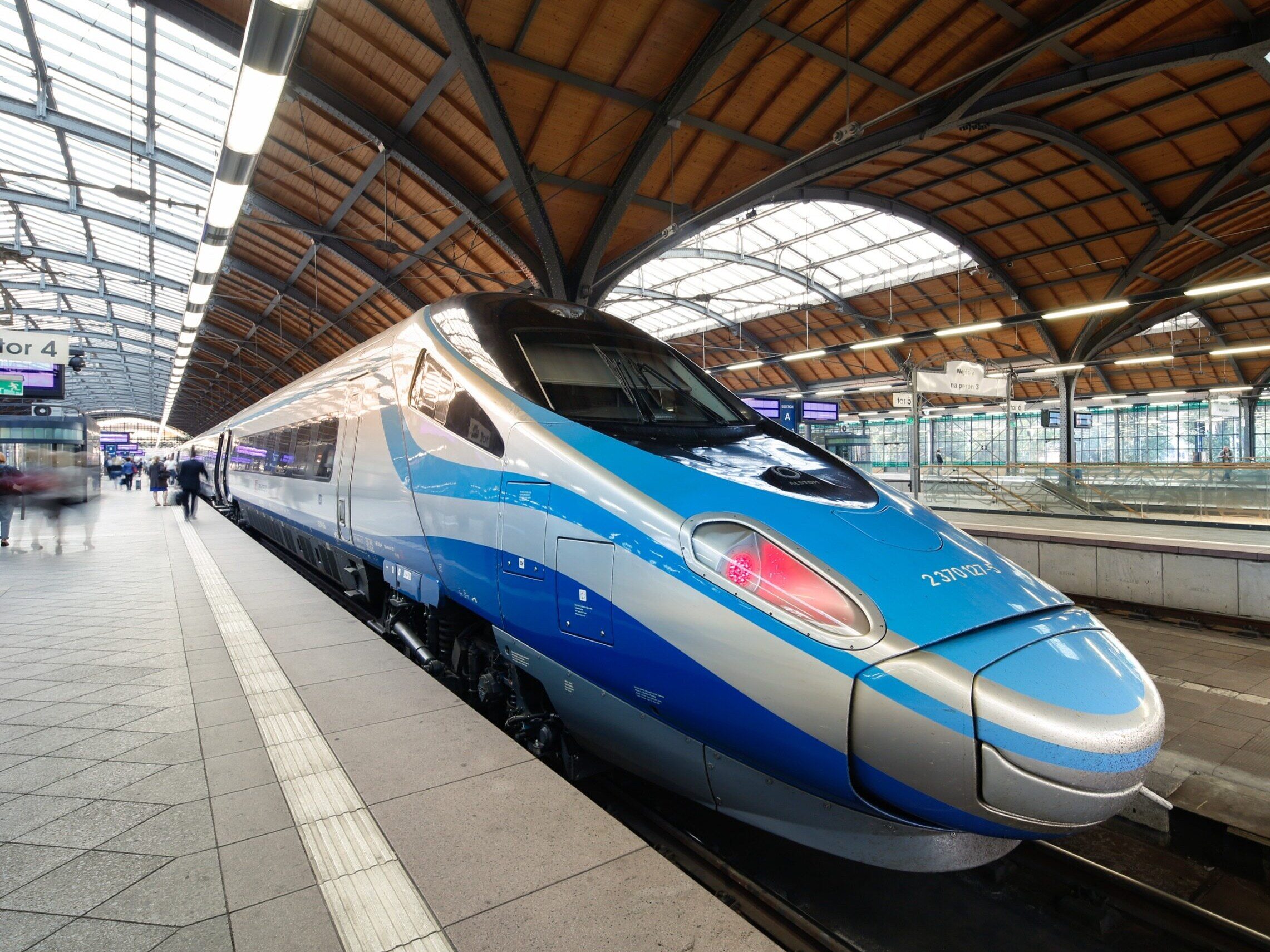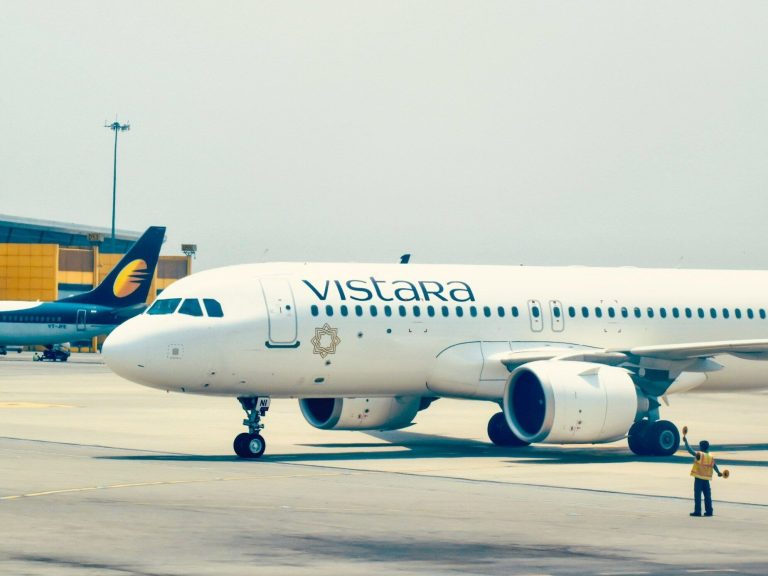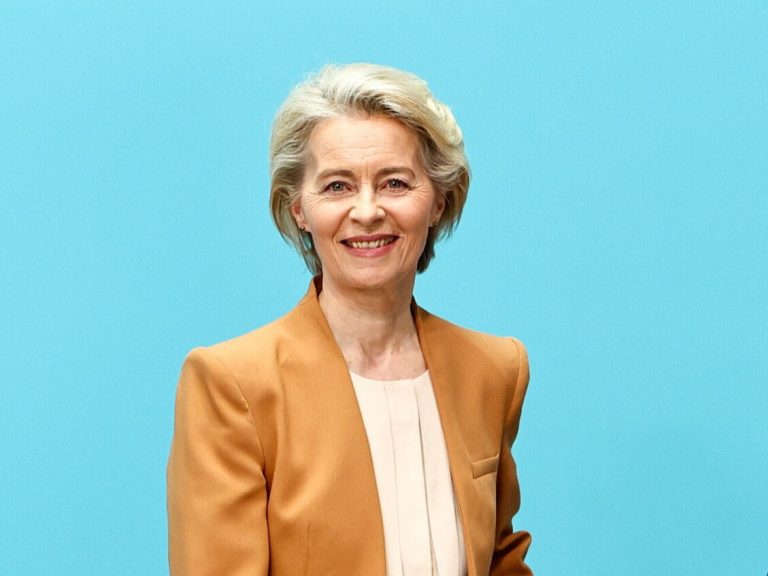The railway is eagerly waiting for money from the KPO. The time to release them is running out quickly

Companies from various segments of the railway market are impatiently waiting for the money from the National Reconstruction Plan to finally hit the market. The time to spend some of these funds expires in 2026.
– Funds from the KPO, which, as we know, are already available in Poland after a long break, will have a very positive impact on the railway market and passenger transport. Nothing has happened in this regard for the last three years, but a lot should happen in the near future, says Sławomir Cyza, president of the management board of Alstom Polska.
Railway investments are heavily dependent on EU funds. Any delays or shifts in their spending cause disruptions on the market due to the lack of contracts, which translates into financial problems for companies implementing railway investments and producers of rolling stock, materials and products for railway infrastructure.
In Poland, such a situation has been taking place for the last three years, and its reason was a dispute over the rule of law between the United Right government and the European Commission, which blocked the payment of funds from the National Reconstruction Plan worth EUR 59.8 billion – EUR 25.3 billion in the form of subsidies and EUR 34.5 billion in the form of preferential loans. However, at the end of February this year the new coalition government reached an agreement with Brussels, which decided to unblock funds from the National Reconstruction Plan and cohesion policy funds for Poland (a total of approximately EUR 137 billion).
Companies from various segments of the railway market are impatiently waiting for this money to hit the market (the largest national carrier, PKP Intercity, has eight projects submitted to the KPO). Especially since in KPO the “green, intelligent mobility” component is responsible for 21%. the entire budget and is its second largest component (after the “green economy and reducing energy intensity”). Part of this money is to be allocated to increasing the competitiveness of the railway sector, purchasing rolling stock and modernizing railway lines. Now, however, there is a problem with the fact that the time to spend some of these funds expires in 2026.
– These are time-consuming procedures and the key issue here from the point of view of producers and carriers is how long these funds must be used. As we know, they must be settled approximately by mid-2026. And we are already three years late – for what other EU countries had six years in total, we only have three years left. From the manufacturer's point of view, this is very important, because the tender procedure takes quite a long time, there are public orders, then the production itself, which depends on the quantity, and then there is approval. This cannot be done in a year or a year and a half, says the president of Alstom Polska. – This situation applies not only to Poland, but we are – along with Hungary – in the worst situation of all EU countries.
The government recently announced that the payment of funds from the first payment application from the KPO is expected in April this year. From this first payment, Poland will receive over EUR 6.3 billion (PLN 31 billion) – including nearly EUR 2.7 billion from the grant part and EUR 3.6 billion from the loan. Currently – due to the delay in the implementation of the National Reconstruction Plan – the government is also working on its revision, and plans to formally submit the new version of the National Recovery Plan to Brussels next month. During talks with the EC, Poland wants to indicate reforms and investments that can be modified, or propose the relocation of some funds.






